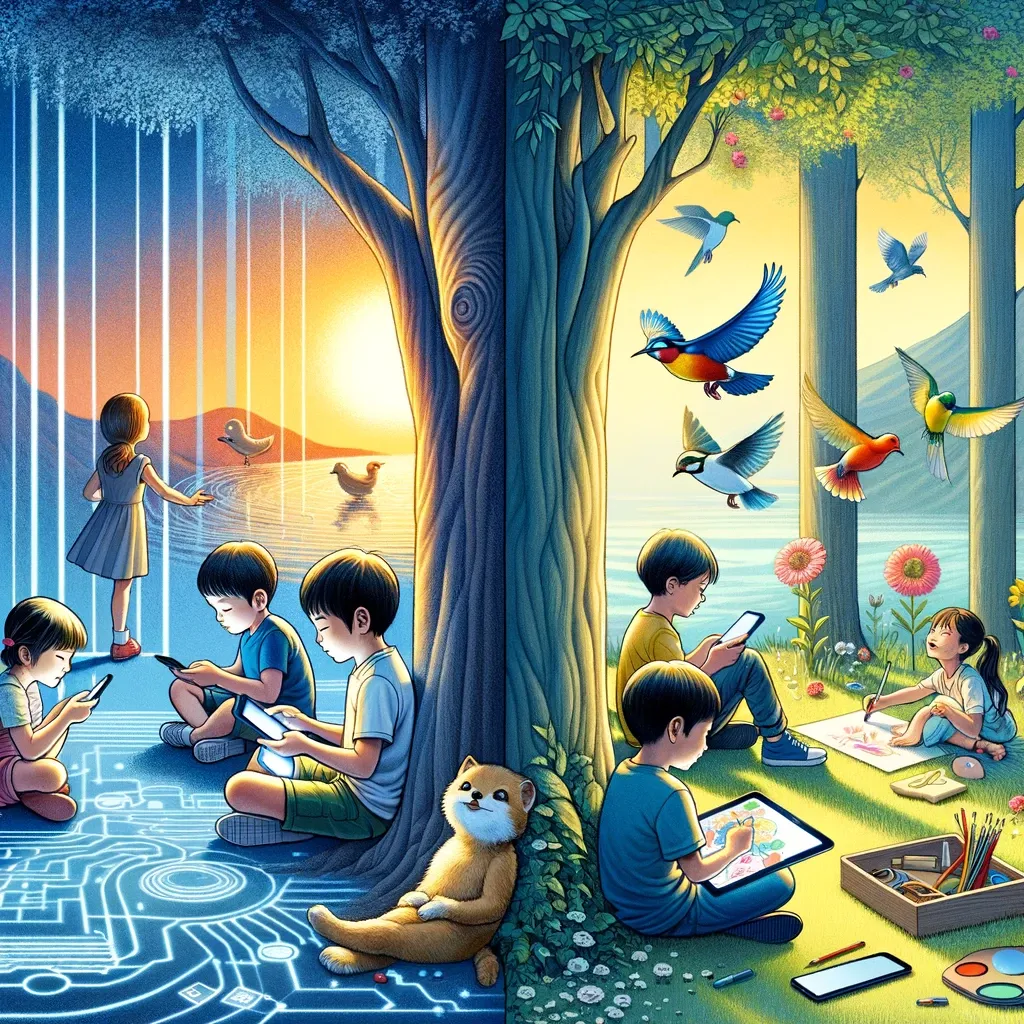Children's Education and Development in the Digital Age: Alternatives to the Global Narrative
In an era where the digital world has become an inseparable part of our daily lives, this reality holds particularly true for children growing up in an environment dominated by smartphones, social media, and the internet. But what is the cost of this digital immersion for our children's

In an era where the digital world has become an inseparable part of our daily lives, this reality holds particularly true for children growing up in an environment dominated by smartphones, social media, and the internet. But what is the cost of this digital immersion for our children's development? As we navigate through the complexities of the digital age, there is an increasing concern about the global narrative that is shaping children's education and development.
The global narrative, largely influenced by major technological and corporate entities, often promotes a one-size-fits-all approach to education. This narrative heavily emphasizes technological proficiency while potentially overlooking the holistic development of a child. In a world where standardized tests and digital learning platforms dictate the pace and content of education, there is a growing need to explore alternatives that prioritize individuality, creativity, and a deeper connection with the natural world.
One such alternative is the movement towards nature-based education. This approach seeks to counterbalance the digital overload by immersing children in outdoor experiences, fostering a profound connection with nature. By doing so, it aims to cultivate a sense of wonder, environmental consciousness, and a deeper understanding of the world beyond screens.
Moreover, the emphasis on arts and crafts, music, and physical activities in alternative educational models offers a more rounded development. These activities are not just extracurricular options but integral parts of a curriculum designed to nurture diverse intelligences and talents.
Another key aspect is the focus on critical thinking and questioning rather than rote learning. In an age of information overload, teaching children to think critically, question norms, and challenge the status quo becomes more important than ever. This empowers them to navigate the digital world with discernment and a sense of responsibility.
The role of parents and educators in this paradigm shift cannot be overstated. By advocating for and facilitating alternative educational approaches, they can ensure that children grow up as well-rounded individuals, capable of adapting to a rapidly changing world while retaining their unique perspectives and values.
In conclusion, as we embrace the advancements of the digital age, it's crucial to remember that the development of a child should be multifaceted. Alternative approaches to education, which emphasize nature, creativity, and critical thinking, offer a much-needed balance to the global narrative. These alternatives not only prepare children for the challenges of the future but also help them develop into empathetic, informed, and resilient individuals.




